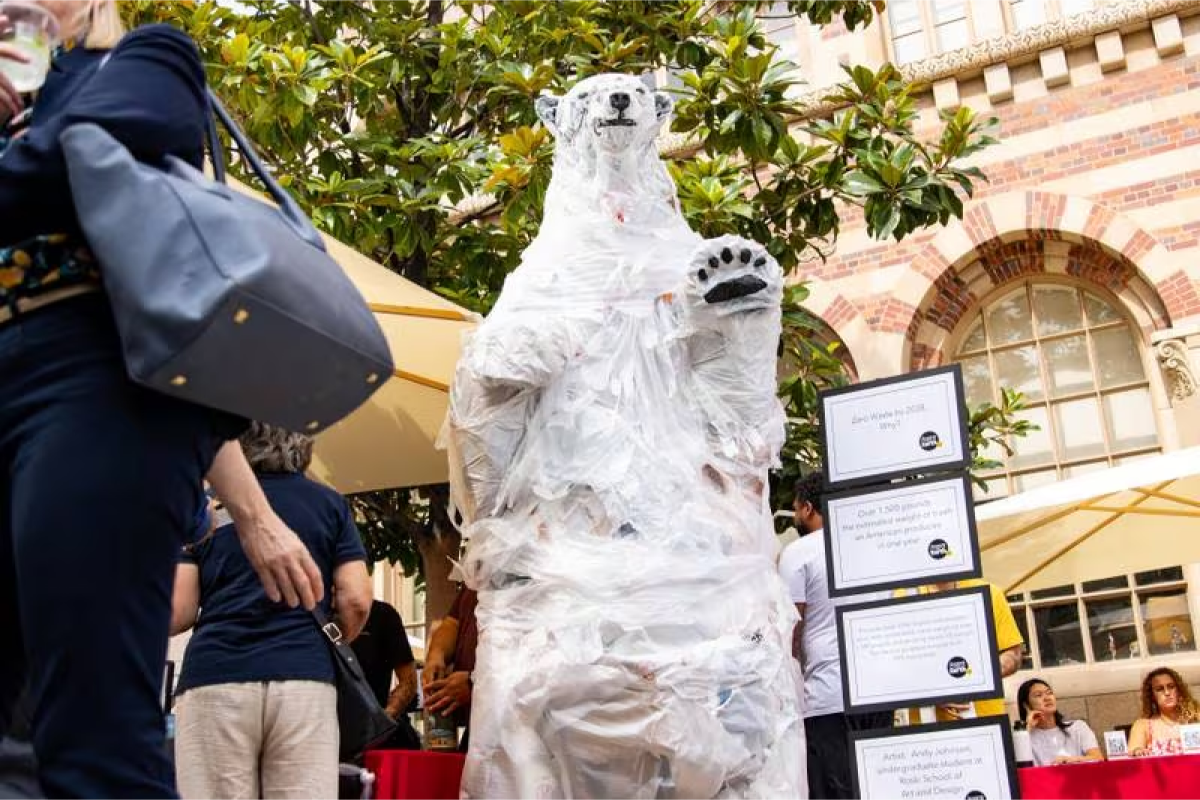The holiday season brings plenty of cheer but December also brings an increase in shopping, food, travel; and subsequently a surge in waste. Although these things can be unavoidable, conscious efforts by individuals can help prevent an overwhelming amount of waste produced this holiday season.
Shopping, sales and gifts
According to the United States Census Bureau, e-commerce sales rose by 43% in 2020 due to the pandemic, and have been on the rise ever since. Added packaging trash and increased carbon emissions are direct consequences of shipping online purchases to the consumer.
To prevent this unnecessary added waste, shopping in-person at stores is the more sustainable option. Online purchases are more likely to be returned than items bought in person, according to the National Environment Education Foundation. In addition to the added emissions from shipping products back, most returned items end up in landfills.
“More than 80% of returns end up in landfills or shipped to developing countries as garbage,” said Hitendra Chaturvedi, an Arizona State University Professor. By shopping in-person, the risk of added waste is drastically reduced.
Shopping second-hand is another way to ensure that your gift is as waste-free as possible. According to Goodwill’s website, thrifting causes less resource consumption, fewer things to be thrown away, and less chemical pollution.
Consignment and thrift stores are widely available in L.A., and most cities in the U.S. Visiting one of these stores makes your gift more personalized and unique, as some recycled pieces can be unique and not found in stores that mass produce their items.
If you have time before heading home for the holidays, the USC Sustainability Hub is hosting a winter clothing drop ‘n’ swap and non-perishable food drive from now until December 5. Consider stopping by the Student Union building to donate lightly used winter clothing and/or add an item to your wardrobe. In addition, non-perishable food that is donated will be sent to the Trojan Food Pantry.
